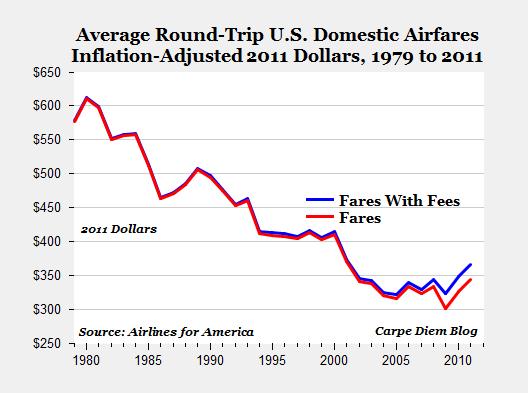- Joined
- Aug 20, 2006
- Messages
- 13,000
The Delta incident(s) this week have prompted a number of articles examining the technology powering the airline industry, and most are agreeing that the computer systems employed just don’t cut it and similar incidents may be inevitable. Long story short, they’re ancient, and airliners don’t have the luxury of shutting them down for maintenance.
…the airline industry’s legacy computing systems, 24-hour uptime requirements, and difficulties attracting top technology workers could make preventing future similar outages a major challenge. "The airlines are dealing with a hodgepodge of equipment that’s been cobbled together over the years," says George Hobica, the president of Airfarewatchdog. Industry mergers have meant airlines have interlinked systems, sometimes decades old, from a range of legacy carriers, all without the luxury of ever shutting down their systems for maintenance, he says. While other businesses can occasionally shut down their computer systems for scheduled or even emergency maintenance without a public outcry, airlines simply can’t track passengers, baggage, planes, or crew without their technology systems, he says.
…the airline industry’s legacy computing systems, 24-hour uptime requirements, and difficulties attracting top technology workers could make preventing future similar outages a major challenge. "The airlines are dealing with a hodgepodge of equipment that’s been cobbled together over the years," says George Hobica, the president of Airfarewatchdog. Industry mergers have meant airlines have interlinked systems, sometimes decades old, from a range of legacy carriers, all without the luxury of ever shutting down their systems for maintenance, he says. While other businesses can occasionally shut down their computer systems for scheduled or even emergency maintenance without a public outcry, airlines simply can’t track passengers, baggage, planes, or crew without their technology systems, he says.
![[H]ard|Forum](/styles/hardforum/xenforo/logo_dark.png)
